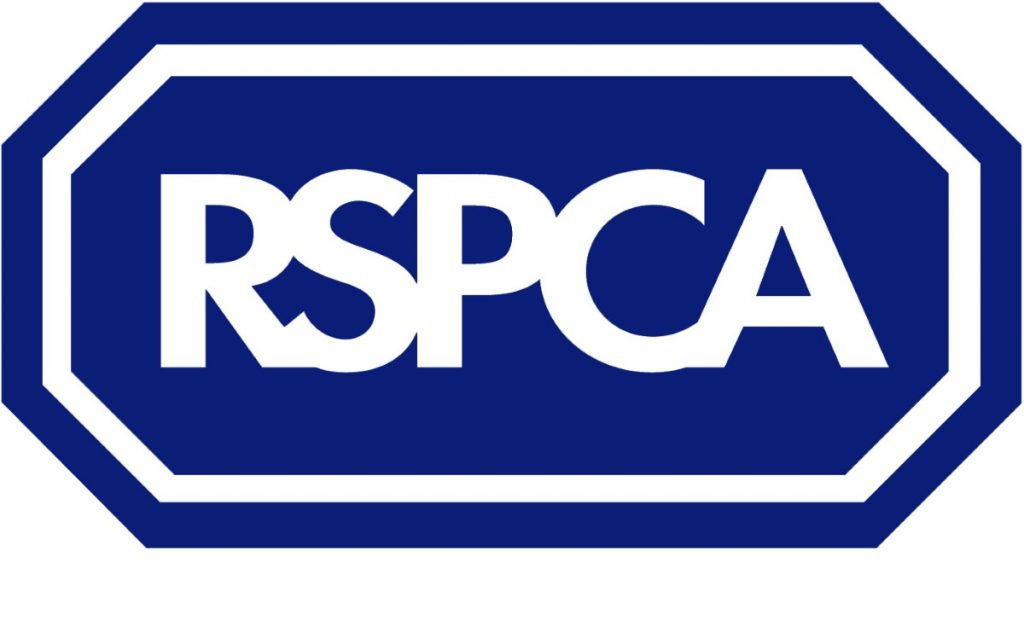RSPCA: Good news on egg choices, bad news for reptiles
The RSPCA’s first report on its five ground-breaking pledges has revealed a mixed bag for animal welfare – with progress on dog legislation, but showing a worrying increase in the import of live reptiles.
The charity launched its five pledges in February this year, aiming to make long-lasting changes to the lives of pets, animals used in research, farm animals and wildlife.
The first year’s data revealed that numbers of live reptiles being imported to the EU and UK have risen with more than 1.6 million imported in 2011 into the EU, a 5% increase on 2010. The latest estimate of numbers being imported to the UK, from 2010 shows a 19% increase on 2009 figures with more than 350,000 live reptiles imported.
On farm animals the total number of animals in higher welfare systems rose by 6% in 2011 to just under seven million farm animals. This came following a drop in 2010. From 1 January 2012, the barren battery cage was finally prohibited under EU legislation.
The two Pledges on pets saw some slight improvements. The numbers of cats and dogs being neutered by the RSPCA increased in 2011 and the numbers of rehomeable dogs and cats that had to be euthanised due to the lack of homes also declined.
There has been some progress on legislation with the Welsh Assembly Government agreeing to bring in legislation on compulsory microchipping for all dogs and are considering bringing in legislation on preventative measures for dog control, such as dog control notices. In England Defra have agreed to bring in microchipping, but details of how and when are still to be confirmed.
The current Government statistics on the use of animals in research do not state how many actually experienced severe suffering but the number of projects that could have involved severe suffering rose slightly in 2011. The implementation of the new European law on research animals in January 2013 will require reporting of the actual suffering experienced by animals in research and allow more accurate tracking of the numbers that experience severe suffering.
RSPCA director of communications David Bowles said: “Our pledges are clear and they show how we, and everyone, can bring about real and significant long-term changes for animal welfare.
“The main concern from the past year is the increase in reptiles which the RSPCA fears might lead to an increase in the numbers being abandoned.
“Better news can be seen with the continued increase in sales of higher welfare food such as Freedom Food eggs products despite the recession, showing that shoppers still do care about how their food is produced.”
The RSPCA has more information and some short films on its website to let the public know more about the Pledges and how they can help. Find out more by visiting www.rspca.org.uk/pledges
Notes to editors
For more information or to arrange an interview please contact the RSPCA Press Office on 0300 123 0244/0288.
In February this year the RSPCA launched its Pledges. The charity is committing to:
· End the overpopulation of companion animals and tackle related issues
· End euthanasia of any rehomeable animal
· Increase the proportion of UK farm animals reared in higher welfare systems
· End severe suffering for animals in research
· Reduce the number of exotic animals kept as pets and increase their humane care
RSPCA – key facts and figures:
· On average every 30 seconds someone in England and Wales dials 0300 1234 999 – RSPCA’s 24-hour cruelty line – for help. We received more than 1.1million phone calls during 2010.
· The RSPCA was recently named as the second most highly ranked charity in the annual Charity Brand Index (2011): www.thirdsectorresearch.com/cms-assets/documents/32676-242350.brandindex2011-top125.pdf
· We were established in 1824 as the SPCA – Society for the Prevention of Cruelty to Animals. Royal patronage followed in 1837 and Queen Victoria gave permission to add the royal R in 1840, making us the RSPCA as we’re known worldwide today. For more about our history, see our website: www.rspca.org.uk/in-action/aboutus/heritage
· We have about 460 uniformed staff working on the frontline to prevent cruelty and promote kindness to animals in England and Wales. During 2010, the charity rescued and collected 130,033 animals, investigated 159,686 cruelty complaints and found loving new homes for 83,268 animals.
· For more information, see www.rspca.org.uk/media/facts
RSPCA, Wilberforce Way, Southwater, Horsham, West Sussex RH13 9RS
Press office direct lines: 0300 123 0244/0288 Fax: 0303 123 0099
Duty press officer (evenings and weekends) Tel 08448 222888 and ask for pager number 828825
Email: press@rspca.org.uk Website: www.rspca.org.uk
Take the worry out of caring for your pet – the RSPCA My Pet iPhone app has loads of pet care advice, a scrapbook and diary for key dates so you'll never forget a vet appointment again! Find out more by visiting: http://www.rspca.org.uk/in-action/aboutus/stayinformed/iphone





-01.png)